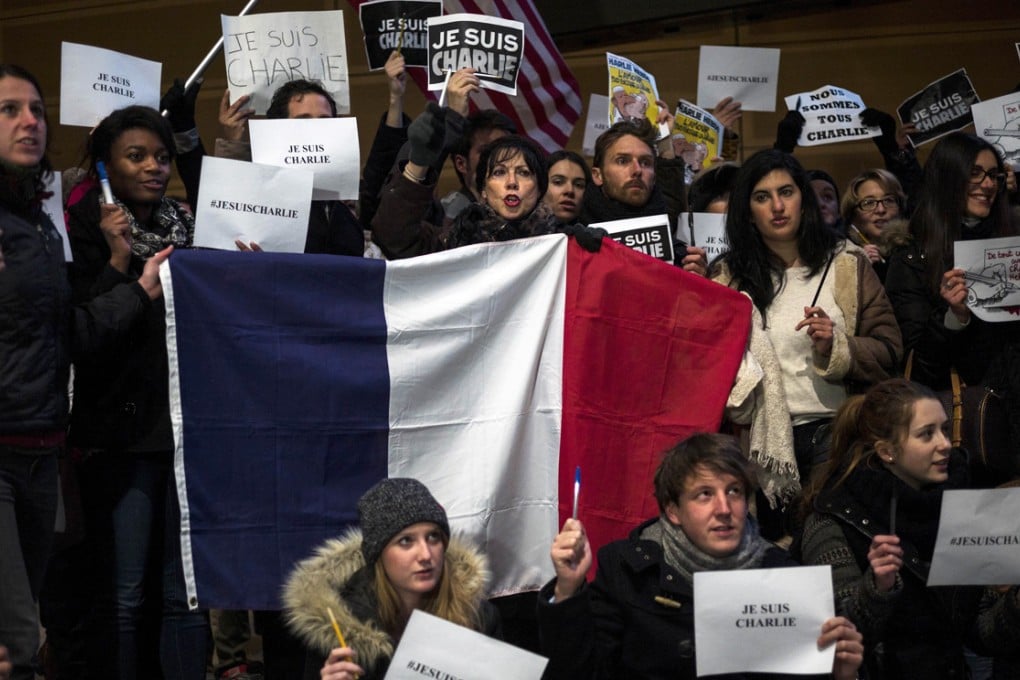
The tragic massacre at the office of the French satirical magazine Charlie Hebdo in Paris marks a direct attack upon the foundations of all democratic societies. It merits immediate and universal condemnation across all political and religious spectrums regardless of affiliation. It also requires the firm and unequivocal public expression of solidarity with the media globally.
Such solidarity will send a clear message that civil liberties, particularly freedoms of speech and the press, will not be compromised, undermined or intimidated by acts or threats of violence. Furthermore, ordinary citizens and in particular leaders, must remain firm and resolute in upholding and defending civil liberties without caving into political populism.
From a security perspective, the main question is whether the perpetrators form part of an independent terrorist cell, are a group connected to a wider network, or are directly or indirectly linked to Islamic State.
The event was clearly a professional attack involving detailed planning and execution. For considerable time, French authorities and their European counterparts have warned of the continuing threat of blowback from conflicts in Syria and Iraq. It specifically emanates from European jihadists returning from conflicts zones and lone wolf sympathisers taking violent action individually.
Due to geographical realities, Europe remains far more vulnerable to these threats than the United States. Europe’s porous border with Turkey and the influx of thousands on its southern shores presents opportunities for radicals.
Estimates of those venturing to Iraq and Syria vary in the hundreds. Numerous arrests, detentions and prosecutions have already taken place. Although many return with rogue agendas, others come home disillusioned and rejecting violence. The latter must not be neglected but rather effectively engaged to prevent and discourage other potential recruits.